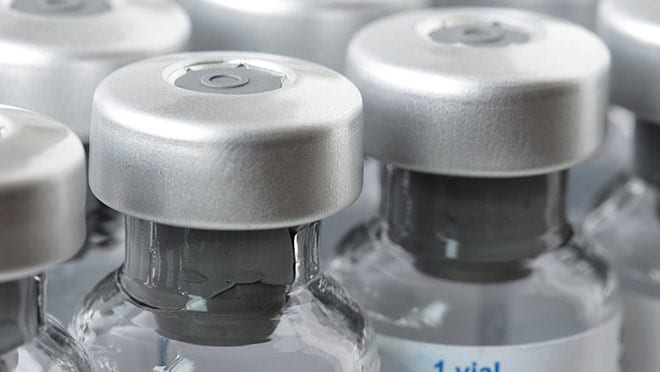What to know
Guillain-Barré syndrome (GBS) is a rare disorder in which a person’s own immune system damages their nerve cells, causing muscle weakness and sometimes paralysis. GBS can cause symptoms that usually last for a few weeks. Most people recover fully from GBS, but some people have long-term nerve damage. In some cases, people have died of GBS, usually from difficulty breathing. GBS occurs in about 1 to 2 out of every 100,000 people in the United States each year. Most cases are not associated with vaccines.

Causes
The exact cause of GBS is unknown, but about two-thirds of people who develop GBS experience symptoms several days or weeks after they have been sick with diarrhea or a respiratory illness. Infection with the bacterium Campylobacter jejuni is one of the most common risk factors for GBS. People also can develop GBS after having flu or other illnesses (such as infections with cytomegalovirus and Epstein Barr virus). On very rare occasions, they may develop GBS in the days or weeks after getting certain vaccinations, such as Shingrix, Janssen COVID-19, and influenza in some seasons. There are associations being assessed or re-assessed for other vaccines.
Risk for developing GBS
Anyone can develop GBS; however, it is more common among older adults. The incidence of GBS increases with age, and people older than 50 years are at greatest risk for developing GBS.
Risk of GBS following flu vaccination
The data on the association between GBS and seasonal flu vaccination are varied and inconsistent across flu seasons. If there is an increased risk of GBS following flu vaccination, it is small, on the order of one to two additional GBS cases per million doses of flu vaccine administered.
Safety monitoring for GBS after flu vaccination
CDC and the Food and Drug Administration (FDA) closely monitor the safety of vaccines approved for use in the United States. CDC uses two primary systems to monitor the safety of flu vaccines:
- Vaccine Adverse Event Reporting System (VAERS): an early warning system that helps CDC and FDA monitor problems following vaccination. Anyone can report possible vaccine side effects to VAERS. Reports are welcome from all concerned individuals: for example, patients, parents, health care providers, pharmacists and vaccine manufacturers. Generally, VAERS cannot determine if an adverse event was caused by a vaccine, but these reports can help determine if further investigations are needed.
- Vaccine Safety Datalink (VSD): A collaboration between CDC and several integrated health care organizations which conducts ongoing vaccine safety monitoring and research.
